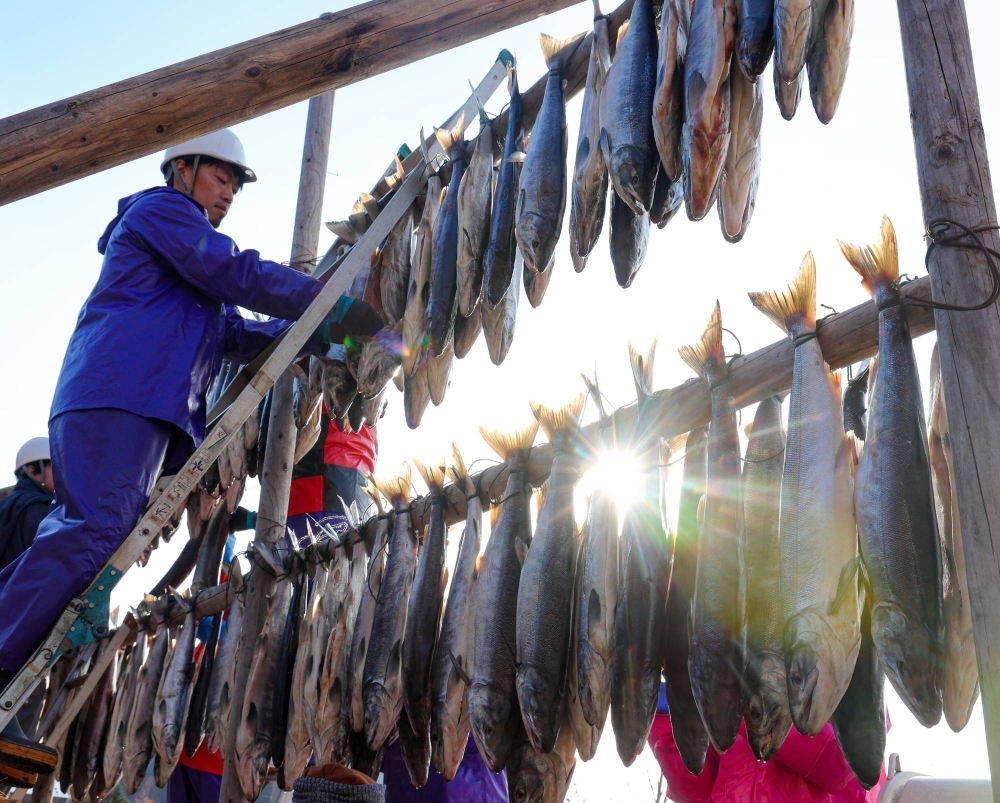Japanese Court Ruling on Indigenous Fishing Rights Sparks Controversy
A Japanese court ruling in the Sapporo district held that the indigenous Raporo Ainu Nation has no right to catch and sell salmon in local rivers freely.
Currently, Japanese national and local laws forbid salmon catching in rivers to protect fishery resources, but they allow the Ainu people to catch 100 fish per year for traditional ceremonies.
While the court admitted that Ainu people have been fishing in the Urahoro area since the 17th century and do have a right to continue their culture, the judge ruled that economic activities are not included in the right to enjoy culture and, therefore, can be restricted for the sake of various other national interests.
Indigenous rights expert Professor Yuko Osakada from Chuo University argues that Sapporo’s court ruling does not align with international law, especially the International Covenant on Civil and Political Rights (ICCPR).
“The United Nations Human Rights Committee, which monitors the implementation of the ICCPR, has stated that reindeer herding by the Sami, an Indigenous people in Scandinavia, constitutes a form of culture protected by Article 27, provided that economic activities are an essential element of the ethnic community,” Osakada said.
He continues, “From this perspective, the Ainu’s right to commercial salmon fishing can also be guaranteed as a right to cultural enjoyment.”
The Raporo Ainu Nation decided to appeal the ruling to the Supreme Court, though their lawyers admitted that there is only a small chance of success.
The full article can be accessed here.




